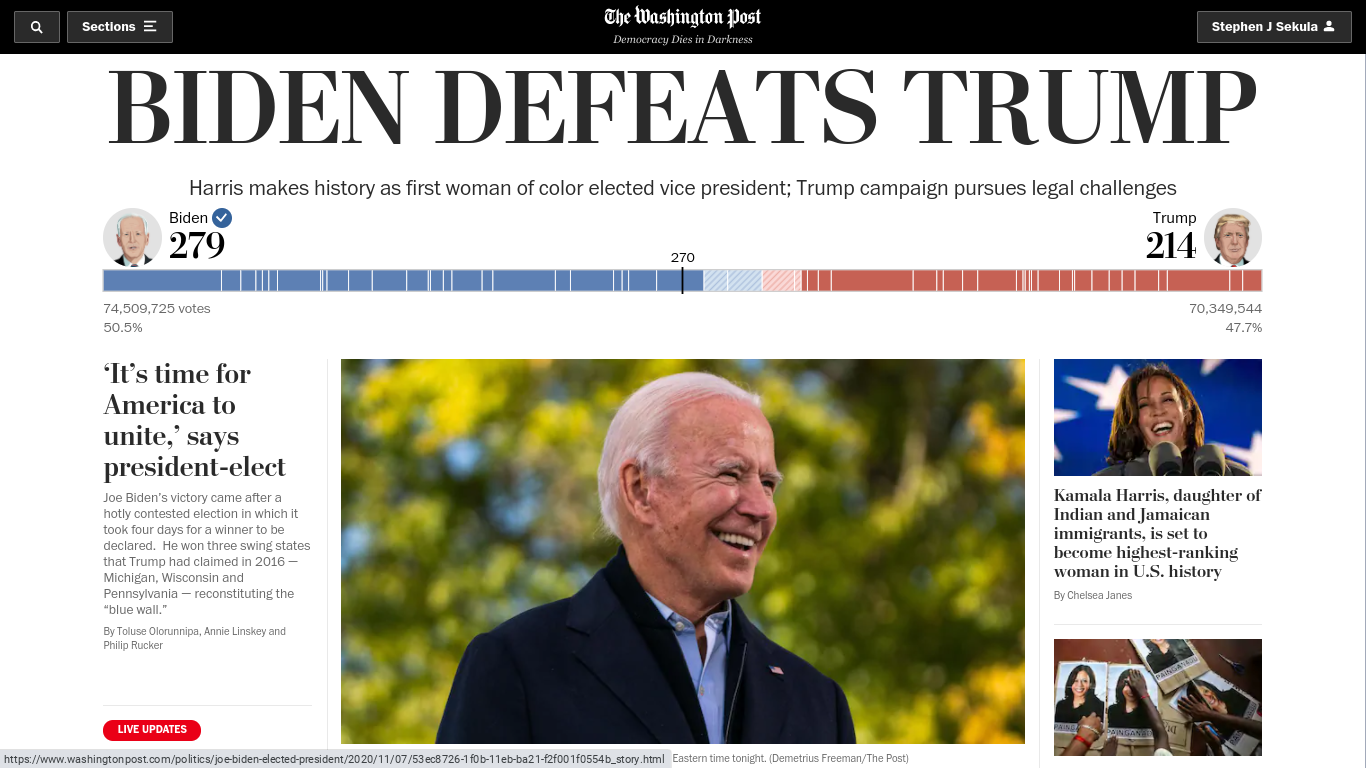As I go into the holidays, with lots of traveling and interrupted internet and phone service, I wanted to reward my faithful readers with my tech pick favorites for 2008. I think these are the things that you should check out in the new year. These are not things that were deployed in 2008 (not necessarily, at least), but things which I discovered in the last year which made living life in an open-source world a lot more fun.
- VMWare Server: a friend of mine gave me the Ubuntu 8.10 (Intrepid Ibex!) installation CD for Christmas. I realized I wanted to try it, but I like 8.04 so much I didn’t want to upgrade just to test it out. VMWare Server, which is free, is a great way to do just this. After installation, you go to the web interface, add a virtual machine, and boot it up. Point it to the installation CD, and in 10-20 minutes you’ll have a totally isolated installation of your new test OS, operating independent of the actual physical OS and machine. It’s sweet, and free, and I highly recommend this.
- Amazon MP3 Store: I hate iTunes, because I can’t use it on Linux. Screw them. I have Amazon MP3. DRM-free, a huge catalogue, and even a Linux client for downloading purchased music files. You may not like Amazon, but for mainstream catalogues it’s darn good, darn cheap, and darn possible to use on Linux.
- Ubuntu 8.04 LTS: the long-term support version of Ubuntu Linux, if you want to get started with Ubuntu this is a good place to start. 8.04 is supported officially from 2008-2010, even though Ubuntu will march forward with other interim releases. I slapped this on three different machines this past year, with no trouble. I also purchased a Dell machine with Ubuntu 7.10 pre-installed, then upgraded it over the net to 8.04. This machine was for my in-laws, and so far it seems to be working great.
- Laconica: the open-source Twitter, I installed this on cooleysekula.net and have been using it for micro-blogging for a few months now. It was easy to install, it’s easy to upgrade (if you’re tech-saavy), and easy to maintain and hack! Can’t ask for more. I recommend this to people who hate putting their thoughts in the hands of third-party server companies, like Twitter. I also recommend this to people with moderate to high Linux or open-source experience, since it requires setting up PHP, some MySQL, and Apache.
If you’re looking for music, a fresh OS installation (even one that doesn’t interfere with your current workhorse), or total ownership of your micro-blogging life, I hope you enjoy the above. Happy holidays!





4 thoughts on “Holiday Tech Picks”
Man, I hate the Amazon mp3 store. Downloading stuff is way more of a pain than it is to buy via iTunes (which I suppose is a moot point if iTunes won’t work on Linux). Still …
I agree – it’s not half as convenient. But, as you note, I’ll take “working at all” over “perfectly crafted”. I really wish Amazon invested in a client. However, I haven’t found their web interface all that bad, and the store has gotten me out of a few desperate music cravings in the past month. 🙂
Another comment on Eric’s post. The integrity of the music purchasing process is also very important to me, perhaps vastly moreso than the way in which music is delivered to me. Growing up, when you bought a record, or a casette, or later a CD, once you had the technology you were free to make backups of the music (as many as you want), create mix tapes or CDs, etc. When totally digital music arrived, many tech and music companies took it upon themselves to try to lock music listeners into their own security flavor.
Sony is a great example of just how wrong you can go in one direction. The invented their own DRM format, which in and of itself doesn’t offend me. However, if you installed their player it immediately located all music on your system, including all the non-Sony music you burned from your own legitimately purchased CDs, and moved them into the DRM wall. You could then only move a song from your computer, to your Sony player, and play it only in one place at a time. That’s offensive to me. That other music was not Sony’s responsibility, nor would I want it locked up in their DRM vault.
Amazon offers purely DRM free music, whereas iTunes has a pricing scale with a selection of DRM-free and a larger selection of DRM’ed music. I believe deeply that once I purchase a song, I own it and can use it as determined by the fair use laws. If I want to create from it, sample it, mix it up, I should have the right to do that without having to have a limited number of copies, or a limited number of devices on which I can listen to it.
That said, here’s how you break iTunes DRM. It’s easy. Burn the songs to CD, then rip them. DRM-free, thank-you very much.
Increasingly on iTunes, the “iTunes Plus” albums (that is, no DRM) are the same price as the protected stuff. Which is great, given that I agree with you about wanting the freedom to do as I choose with a song once I purchase and download it.